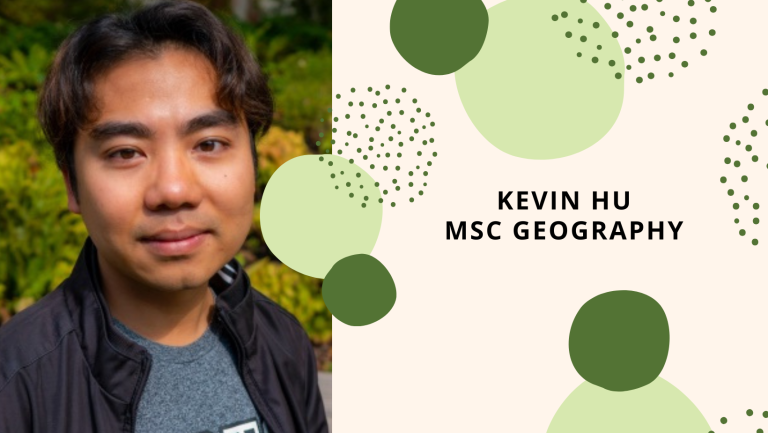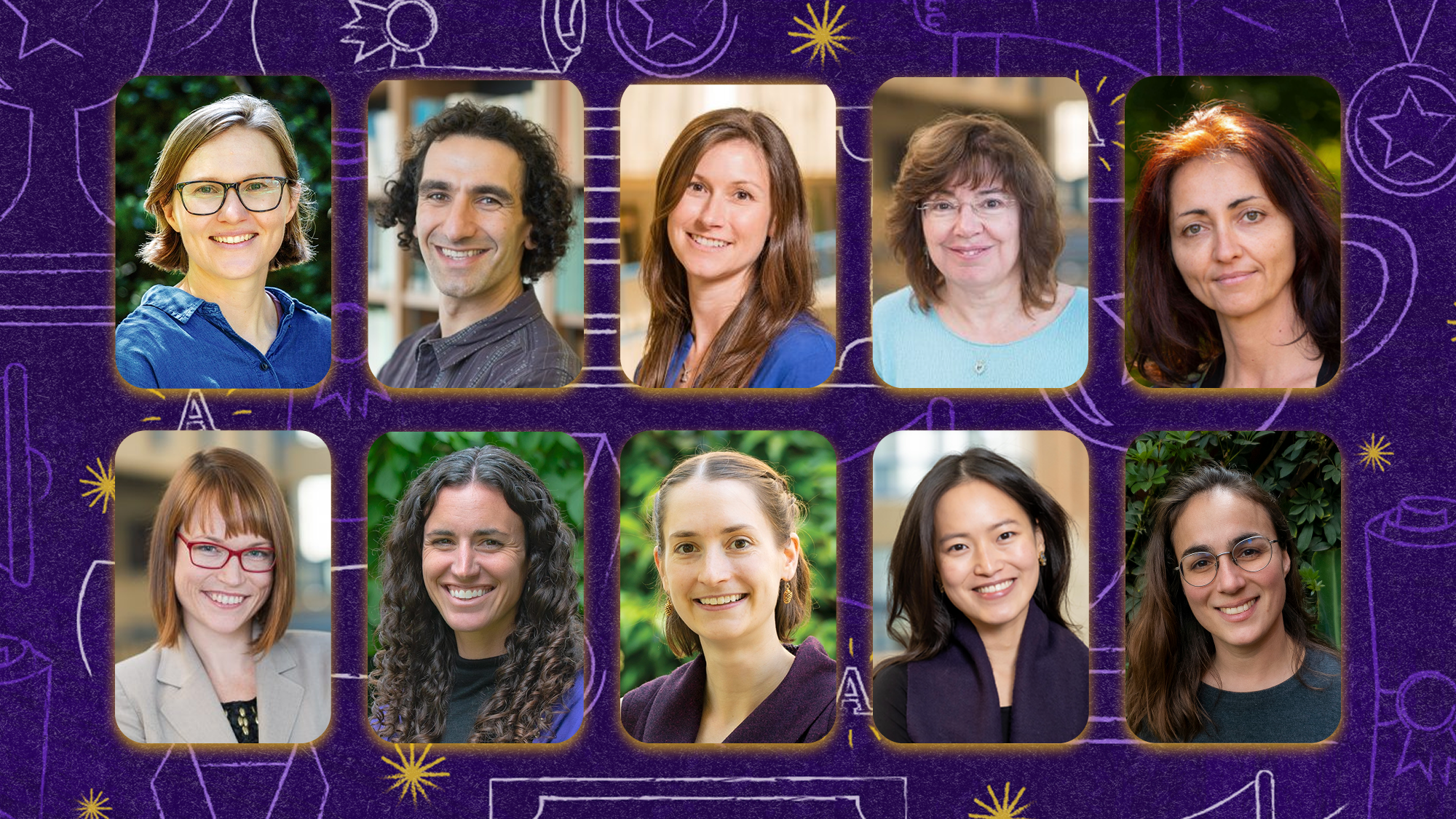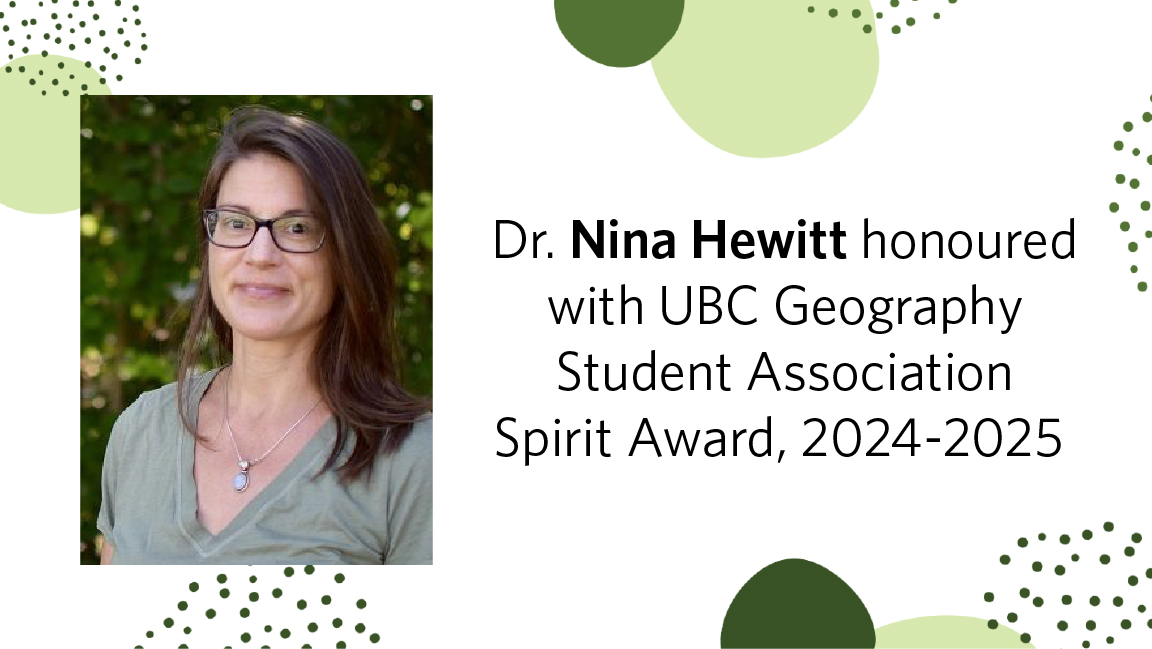

Kevin Hu graduated from UBC Geography with an MSc in 2022.
Now, he works as a data analyst at the British Columbia Centres for Disease Control.
He recently published a paper in BMC Public Health, based on his masters research into deaths caused by drug poisoning in British Columbia.
What drew you to medical geography, rather than studying something like public health?
I like that medical geography is more flexible than public health/epidemiology. The latter is more rigid in a sense that studies follow a few established designs (e.g. case-control) and reporting guidelines most of the time.
In medical geography, you can go on exploratory expeditions more often.
Did you have a specific research question you wanted to answer, when you started your masters? How did it develop?
I developed interest in the field from a course with my supervisor during my undergrad at UBC Geography, but didn’t have a specific research question coming into my masters.
I was struggling to come up a feasible question for two months. Generating an interesting hypothesis is not that difficult, but access to health data is always not easy to obtain.
Finally, my lab mates and supervisor helped me reach out to the medical geographer at BCCDC. So I found potential data access, then developed the question based on the options.
What was your first job after graduating?
I’m lucky that one of my committee members at BCCDC/SPPH hired me as a data analyst & GIS specialist. I kept working with the Overdose Cohort team at BCCDC after graduation.
What is one thing you would like everyone to know about medical geography and why it’s important?
I want everyone to know that medical geographers can do more than mapping disease rates.
Disease mapping has been brought into the public’s eye during the pandemic; the spatial patterns in those maps reflect not only the spread of pathogens but also the distribution of interventions (e.g., vaccines/healthcare resources).
The latter are designed by humans and involve a lot of geography elements. As medical geographers, we don’t have to dig deep into the clinical side, but can contribute to addressing health inequity.


